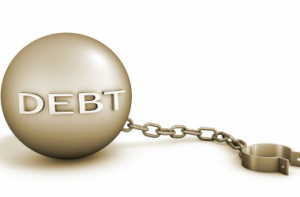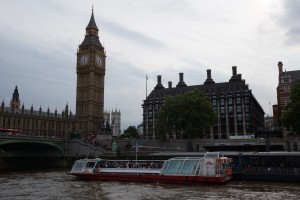 Today’s top story: 9 ways hotels try to grab your cash. Also in the news: What it costs to close your bank account, how to pay off your high interest credit card debt, and what you need to know before purchasing life insurance.
Today’s top story: 9 ways hotels try to grab your cash. Also in the news: What it costs to close your bank account, how to pay off your high interest credit card debt, and what you need to know before purchasing life insurance.
9 Hotel Gotchas
Don’t get caught by surprise while traveling this summer.
The Costs of Closing Your Bank Account
Here come the fees.
Ways to Pay Off High-Interest Debt
Start chipping away.
10 things life insurance agents won’t say
Educate yourself before purchasing a plan.
4 big ways your expenses could rise in retirement
Travel is one of them.







